"Go forth and have more talk of these sad things"
Reflections on creating political theater
When I set out to produce Juliet & Romeo, a queered adaptation of Romeo & Juliet featuring two women as the star-crossed lovers, I knew that I wanted to focus on three themes—homelessness, suicide, and hate crimes. These themes already exist within the text of Romeo & Juliet and are all prevalent issues within the LGBTQ community. I am constantly amazed at how this story and four hundred-year-old text has the ability to be a stark reflection of the world that we live in today. Little did I know how pressing these themes would become during the rehearsal process of this show.
This is the second time I’ve produced and played Romeo in a queered version of Romeo & Juliet. The first production, Romeo & Juliet: Forbidden Love Comes to North Carolina, developed as a direct response to North Carolina’s Anti-LGBT legislation—Amendment One—that went up for a public vote in March of 2012. After that production I felt there was more to be explored in this text and set out to create a new adaptation while keeping the same core concept of having the lovers be a lesbian couple. I always thought that the political issue we would focus on next would be suicide, then—Marc Carson was killed and suddenly the message of hate and acceptance within the world and within our play seemed to be everywhere.
Marc Carson, a young gay man walking in New York City’s west village on a Friday night, was shot and killed a few weeks ago by a man who was reportedly yelling anti-gay slurs. I attended the midnight vigil for Marc Carson the night after he died and left with phrases running through my head—“We must talk, we must talk until our voices are raw” one man spoke.
In rehearsal over the days after Carson’s death it felt shocking to me as the actor playing Romeo to be speaking this text. It felt so close and so real I suppose because now I understand these circumstances. I’m no longer talking about the hypothetical queer community at large any more, a community that I’m a part of, I’m talking about a member of my New York City community being killed for being gay. I’m talking about the shift that I’ve felt within myself when walking through the streets of New York holding the hand of the girl I’m dating while thinking is this safe? On the flip side I feel that I have a responsibility to take action and work against this type of injustice and I feel guilty that I have not done enough personally to make sure that these crimes no longer happen. Recently, when working on the final scene, the weight of my feelings of guilt and helplessness expressed themselves when I uttered, “Forgive me cousin” over Tybalt’s dead body.
In order to be a reflection of society we must allow society to impact us as well—then we must have the courage to stand up and tell our stories bravely, loudly, and say this is what we have experienced.
I was speaking with fellow actor Sam Kinsman (who’s playing Tybalt) about the violence within the production. I asked him about his feelings given the recent increasing amount of NYC violence. Sam responded that he felt it’s more important than ever to get on stage and tell this story—that he feels a responsibility and urgency to do so and to make the violence in this show as truthful as possible because people need to see what is happening and that it is not okay. When we went to Marc Carson’s vigil, a man walked by and asked Sam what was going on. When Sam responded by saying a man was shot and killed because he was gay, the man’s face dropped—he said that he lived two blocks away from this site and had no idea. “People within our own city don’t know these things are happening so we must tell this story and we must tell it with as much truth as possible especially within the acts of violence,” Sam replied. I agreed.
Of course as actors our goal is to tell a story by reflecting the truth of the circumstances of the play as best we can. I always intended for this play to be a reflection of the world that we’re living in and what happens to queer bodies living in this world when they are not given the support they need. I suppose what I have found is that in the wake of Marc Carson’s death and other events that these things are having a profound effect on me and my work. I’m discovering that perhaps by allowing the events of the past couple months to continue to affect me and the rest of the cast as we continue to work on this text, the end result will be a more truthful and powerful performance. In order to be a reflection of society we must allow society to impact us as well—then we must have the courage to stand up and tell our stories bravely, loudly, and say this is what we have experienced.

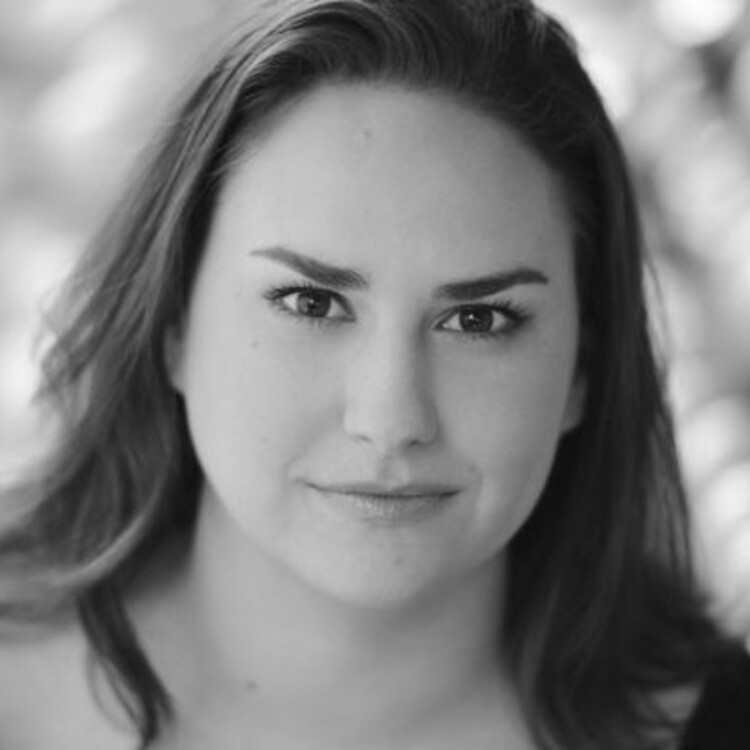
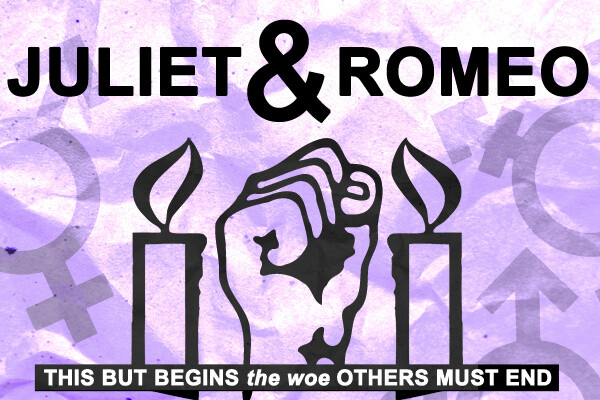
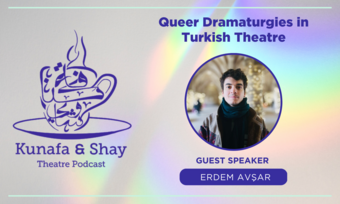



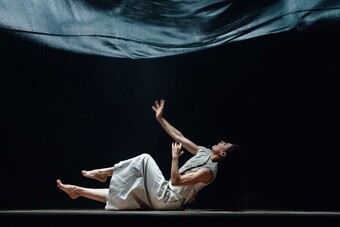

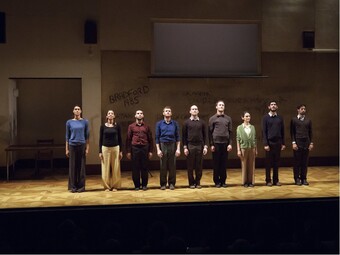

Comments
The article is just the start of the conversation—we want to know what you think about this subject, too! HowlRound is a space for knowledge-sharing, and we welcome spirited, thoughtful, and on-topic dialogue. Find our full comments policy here